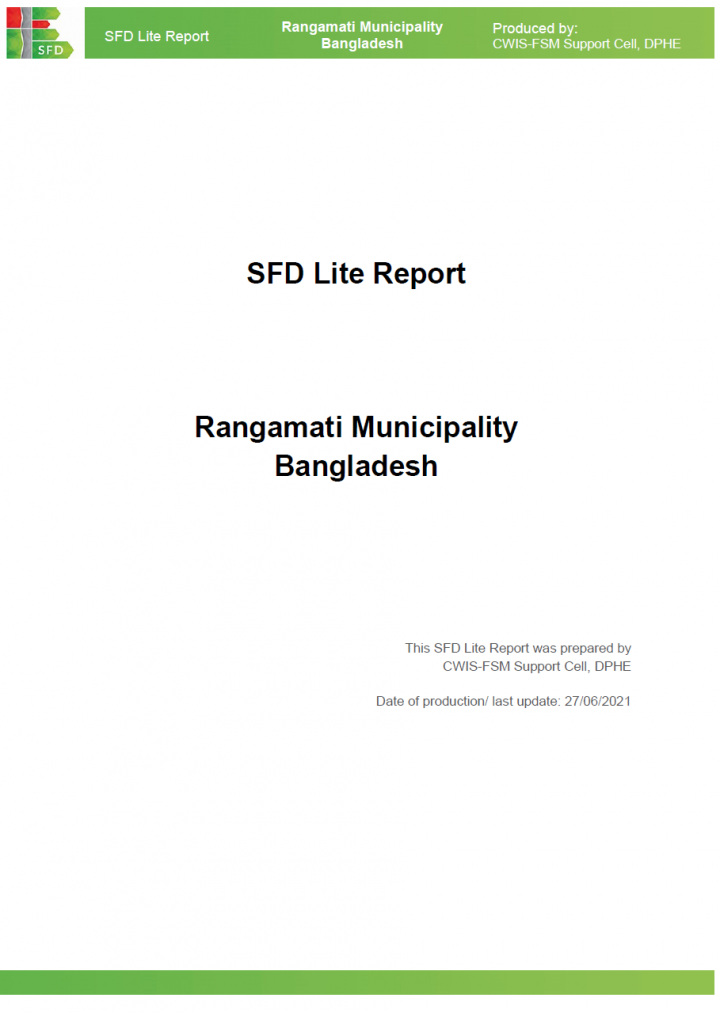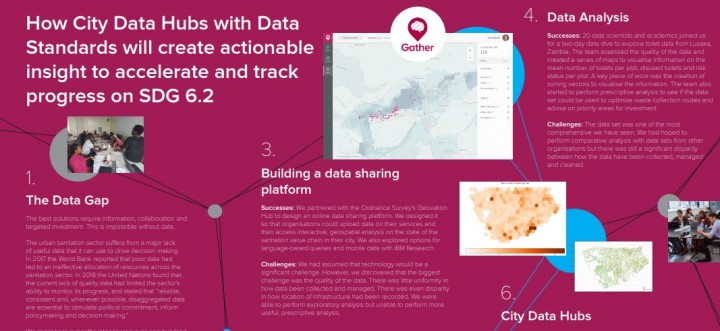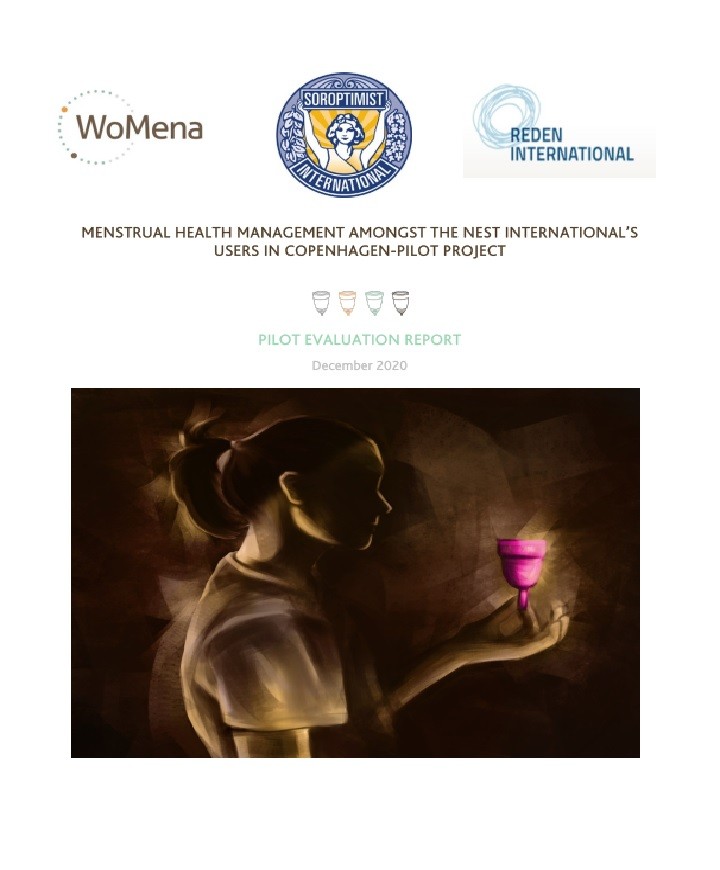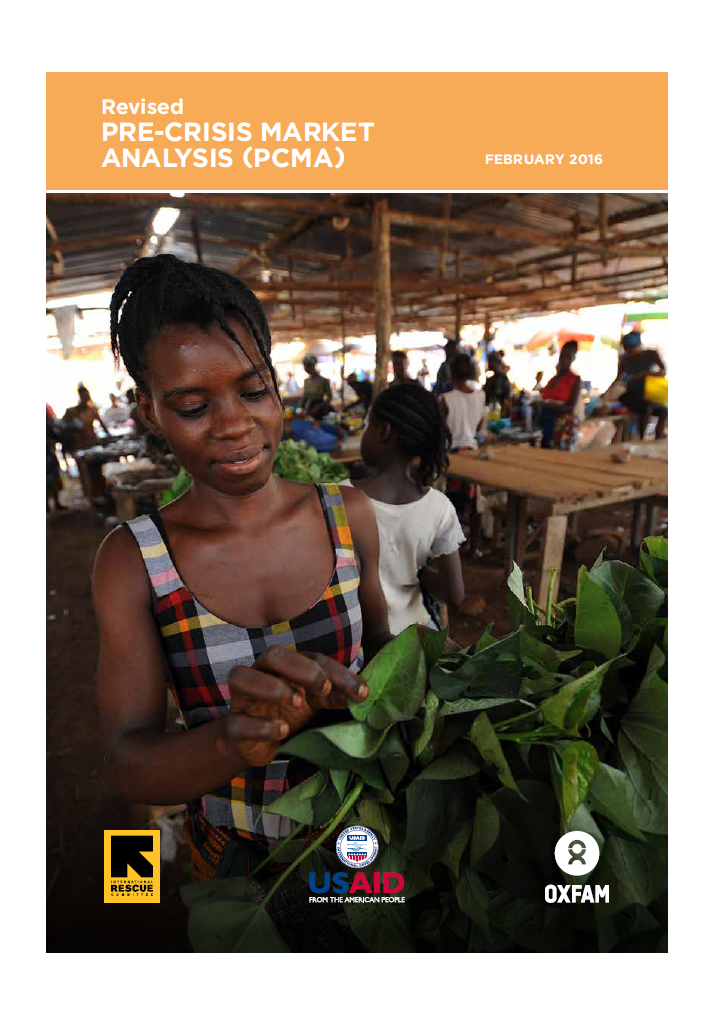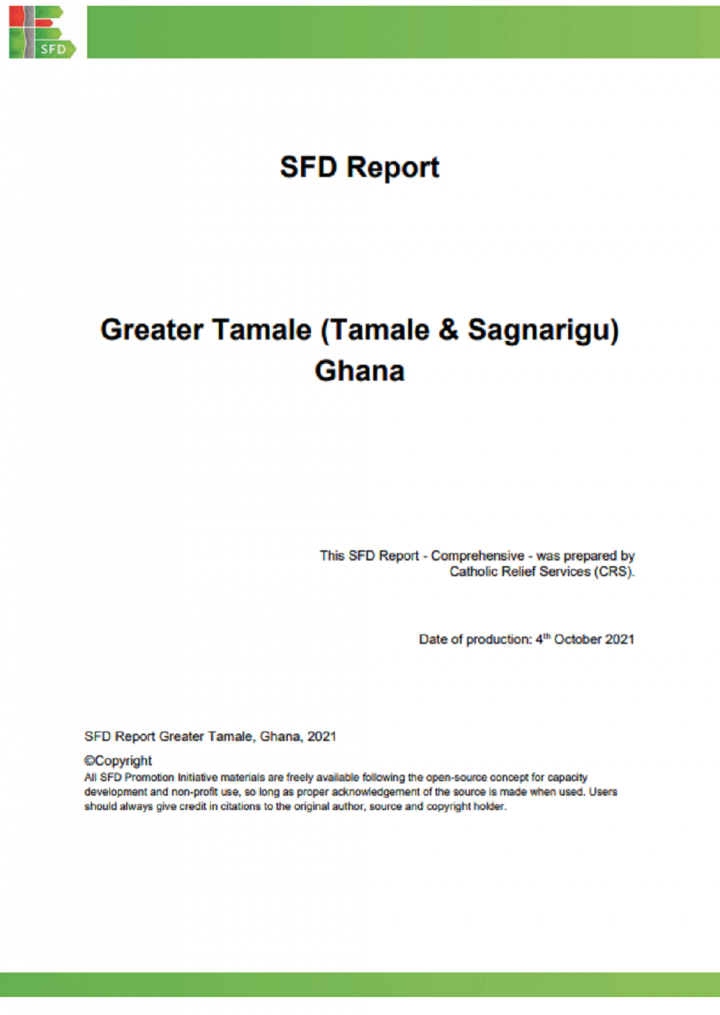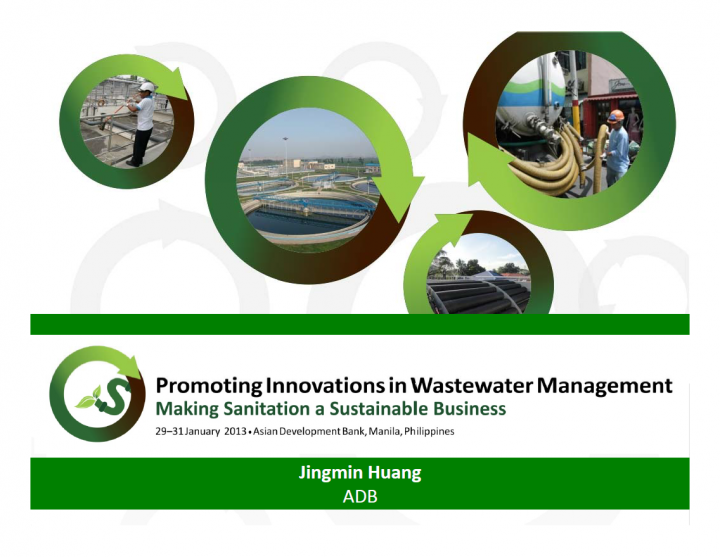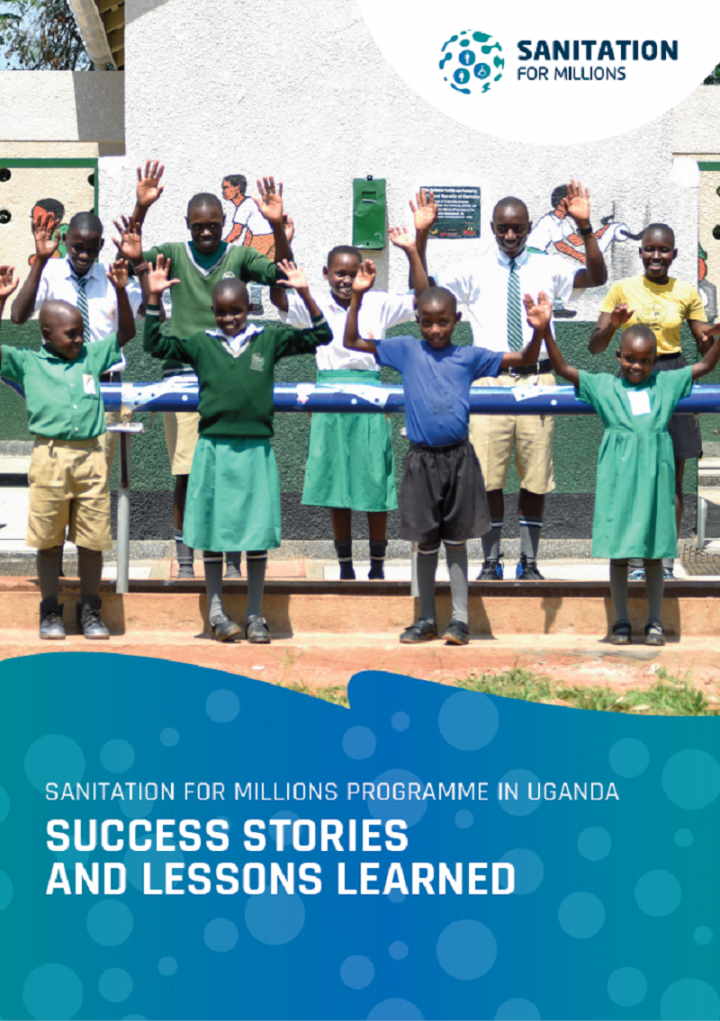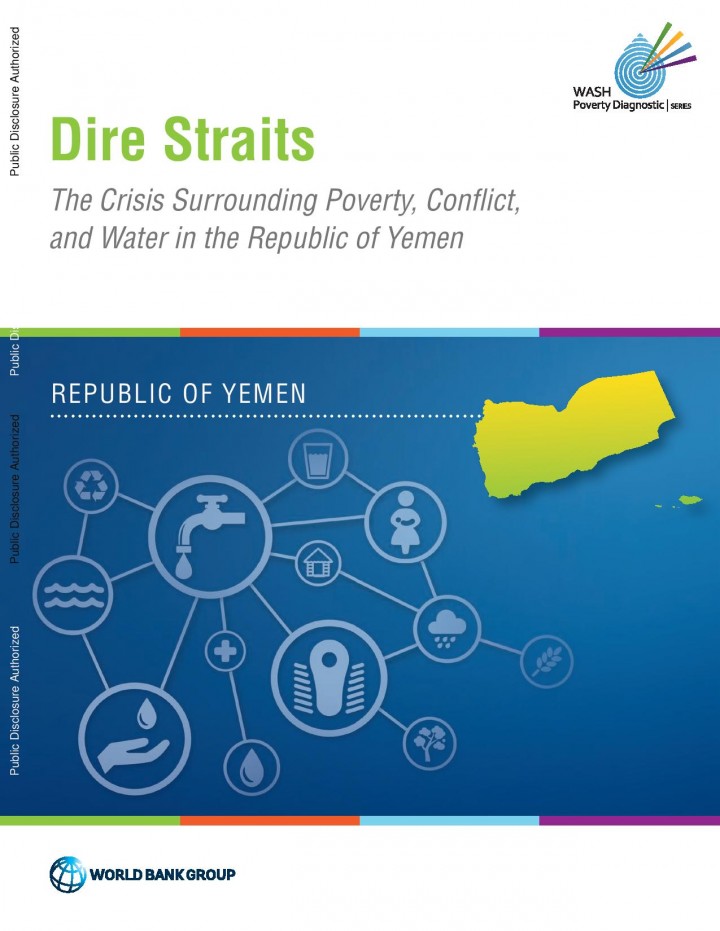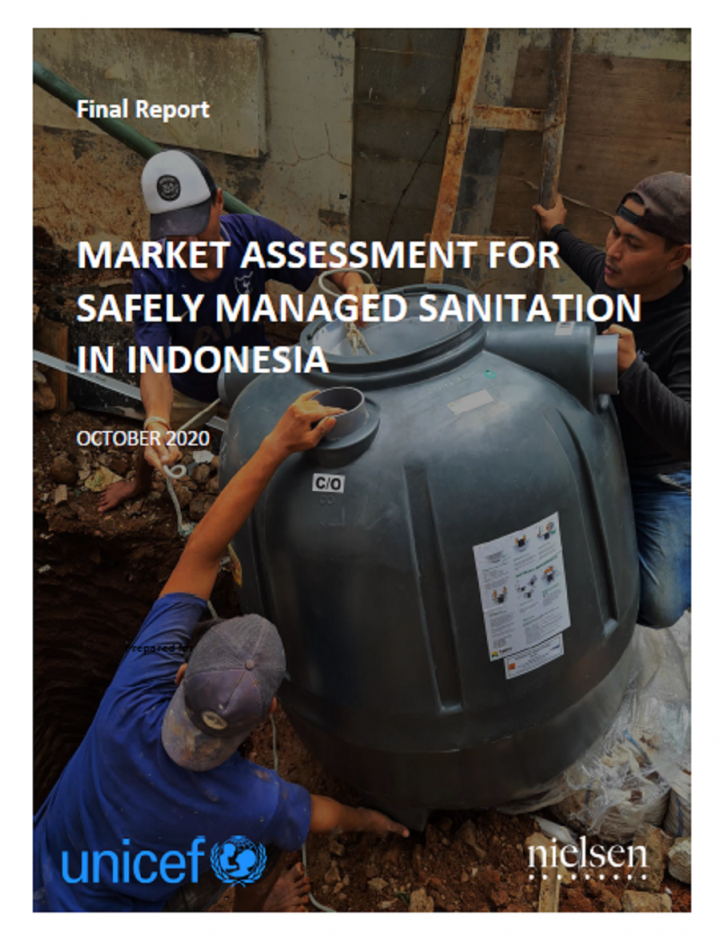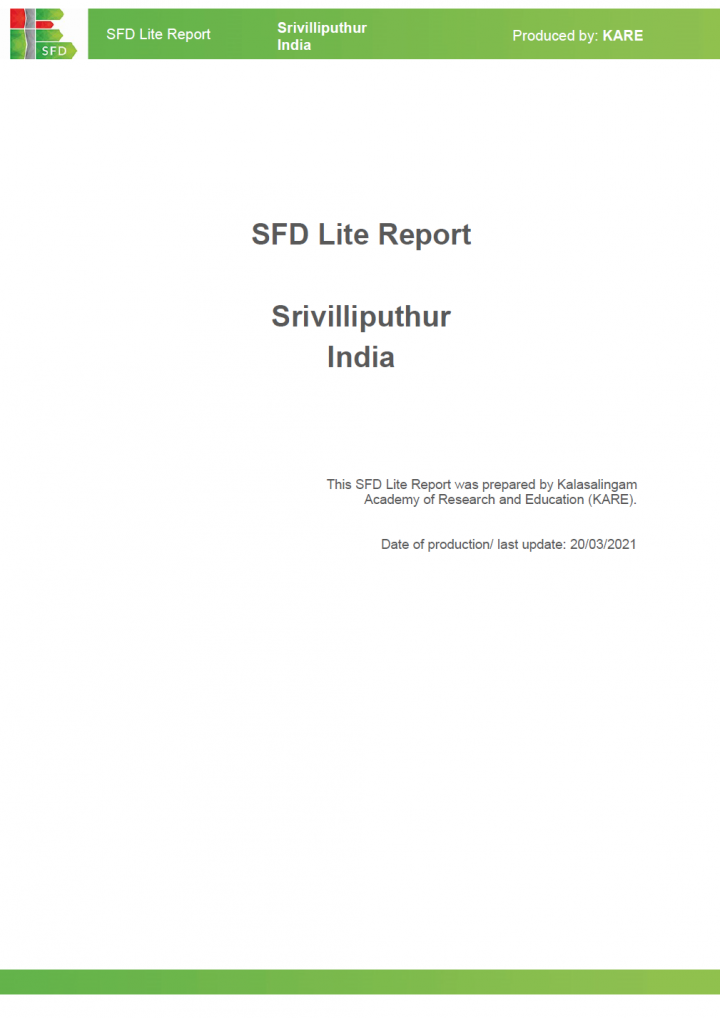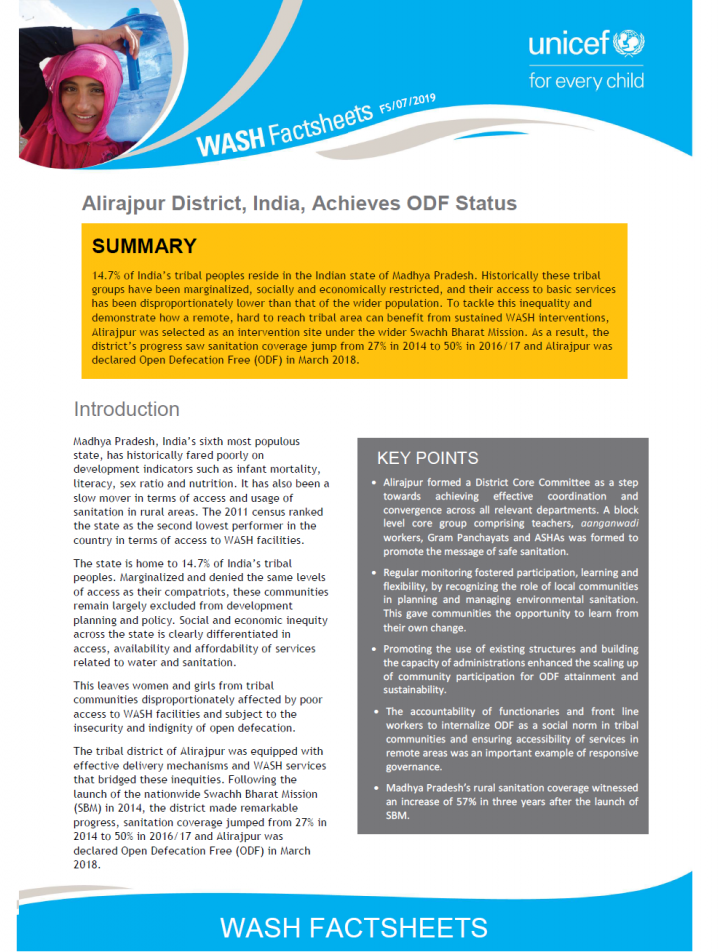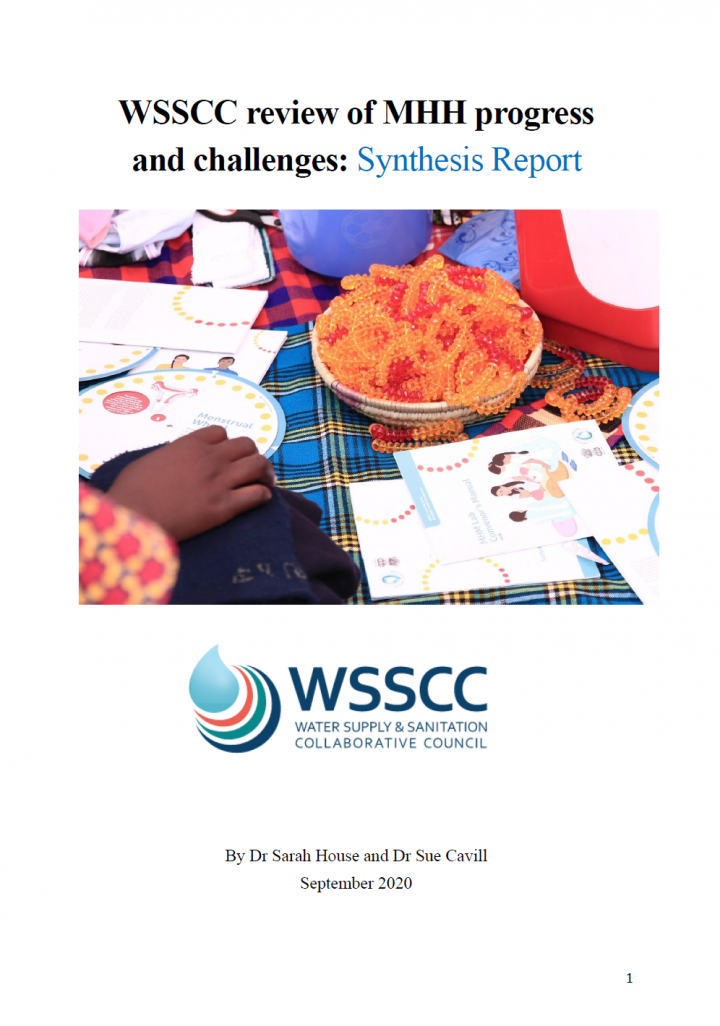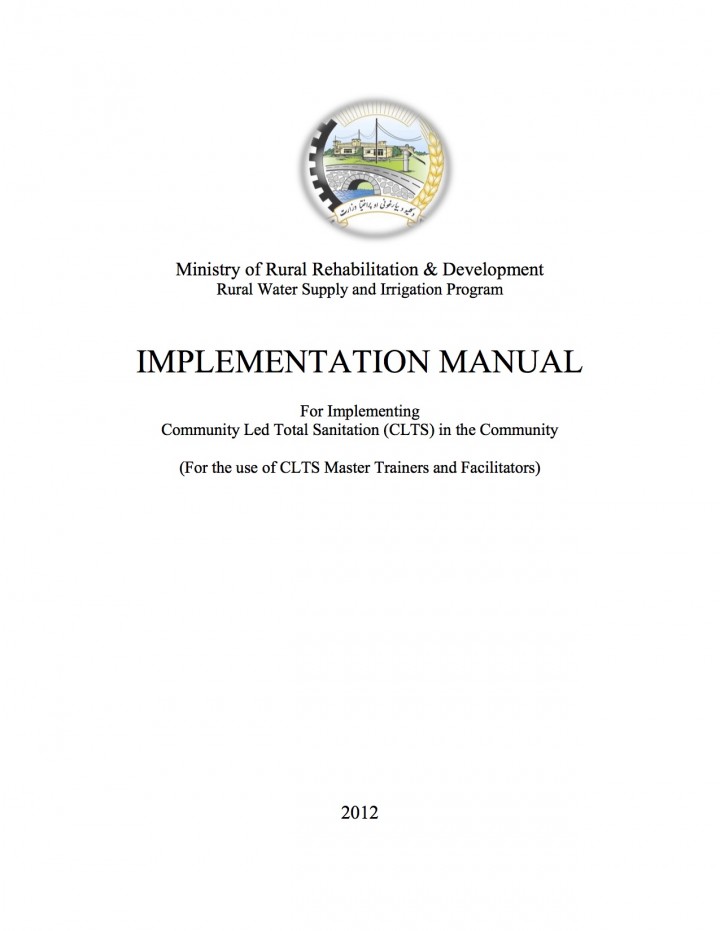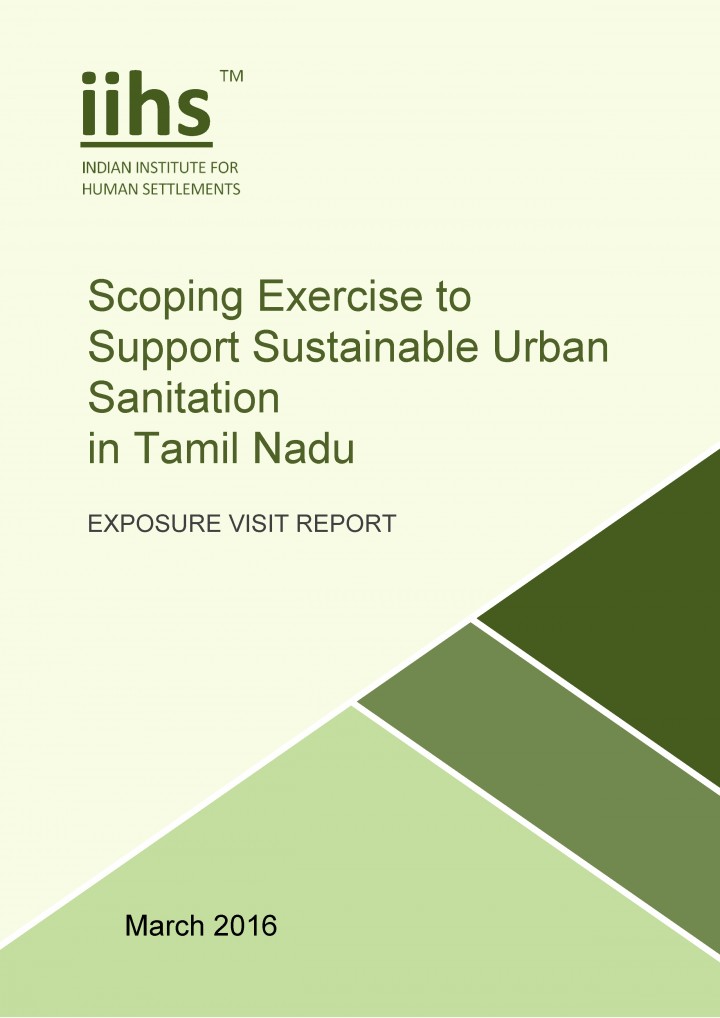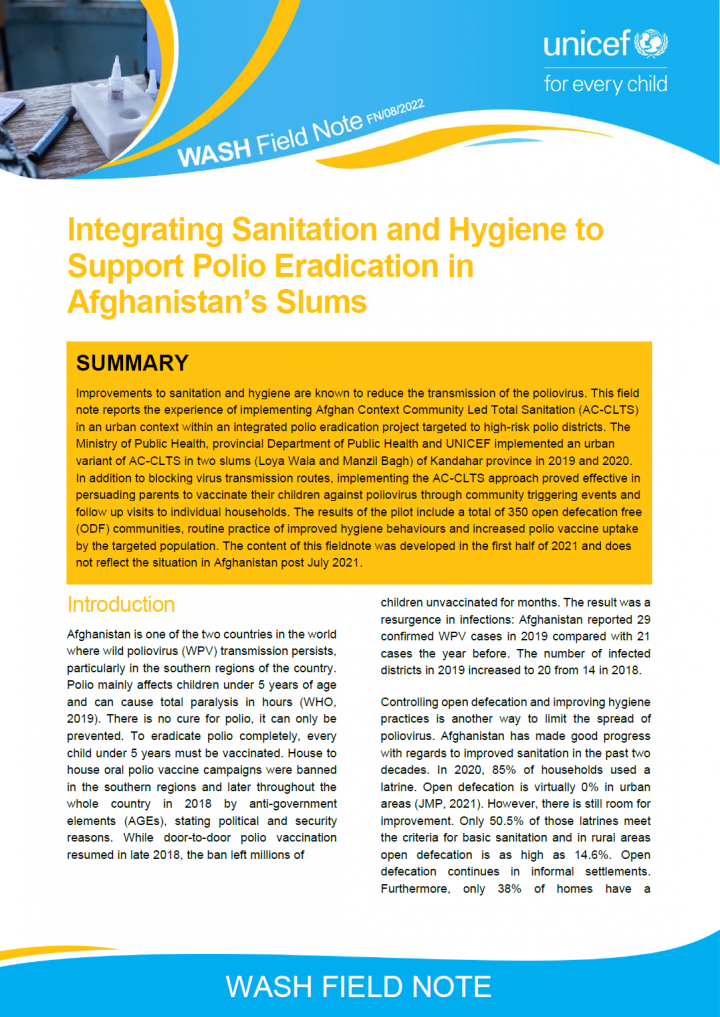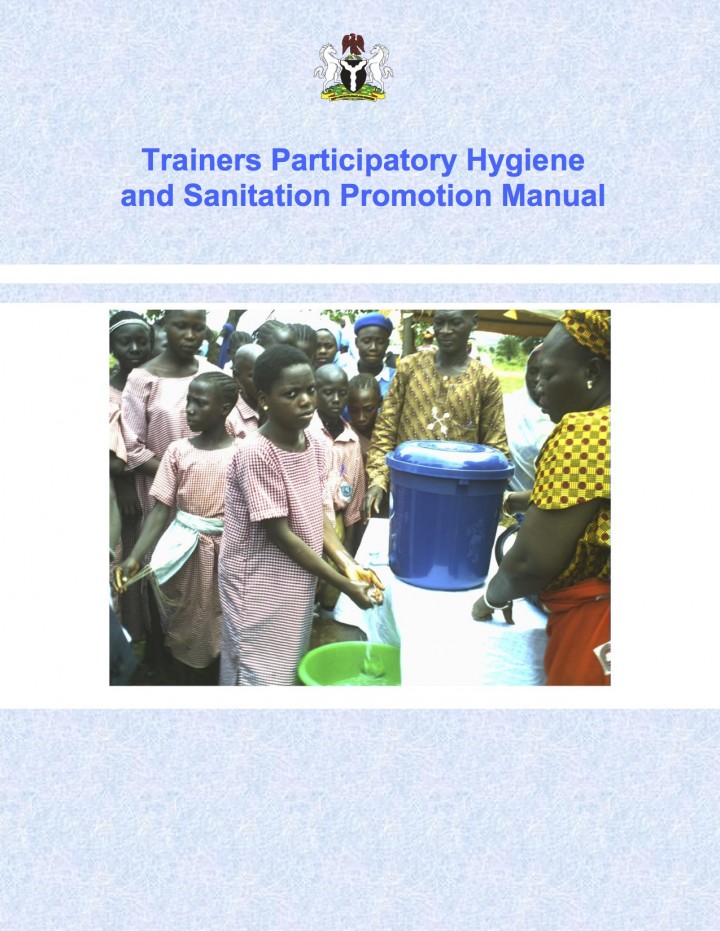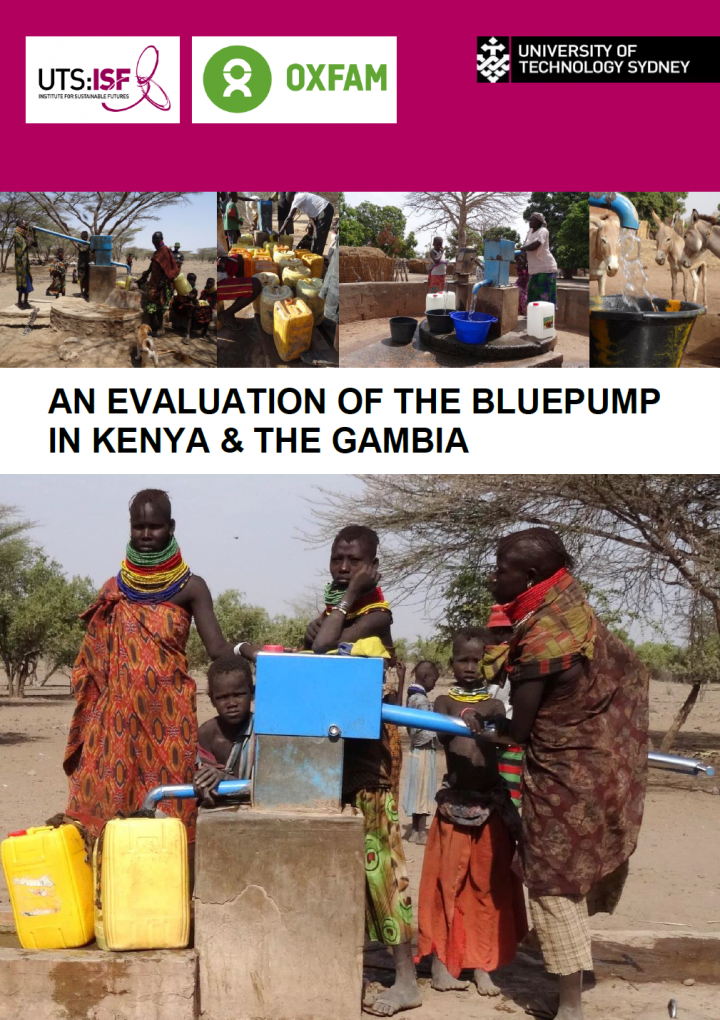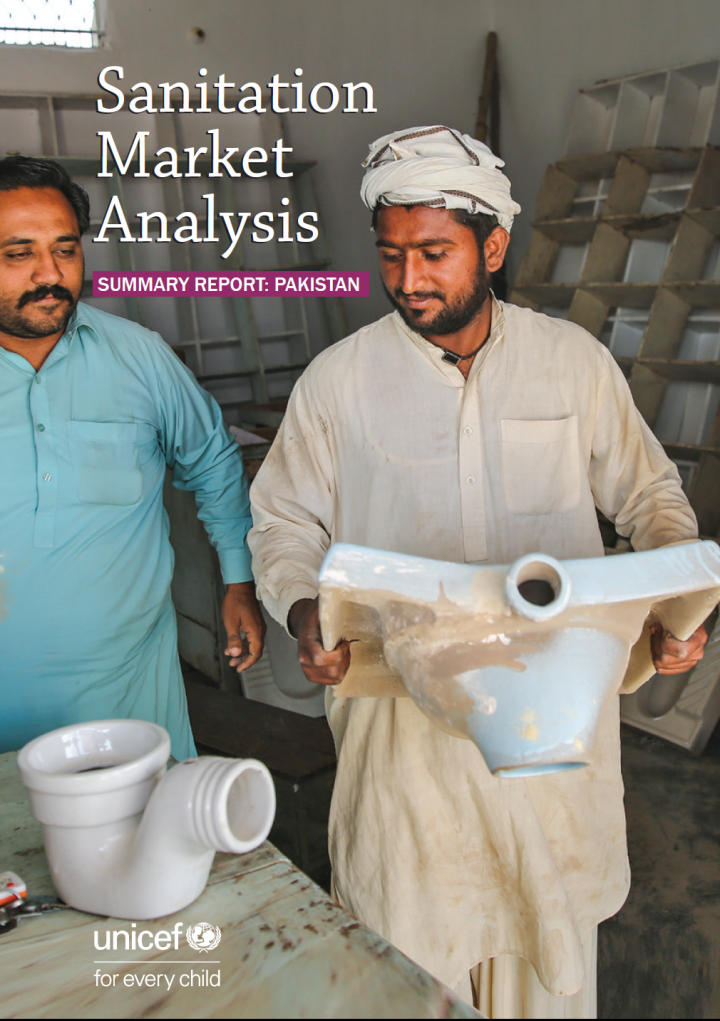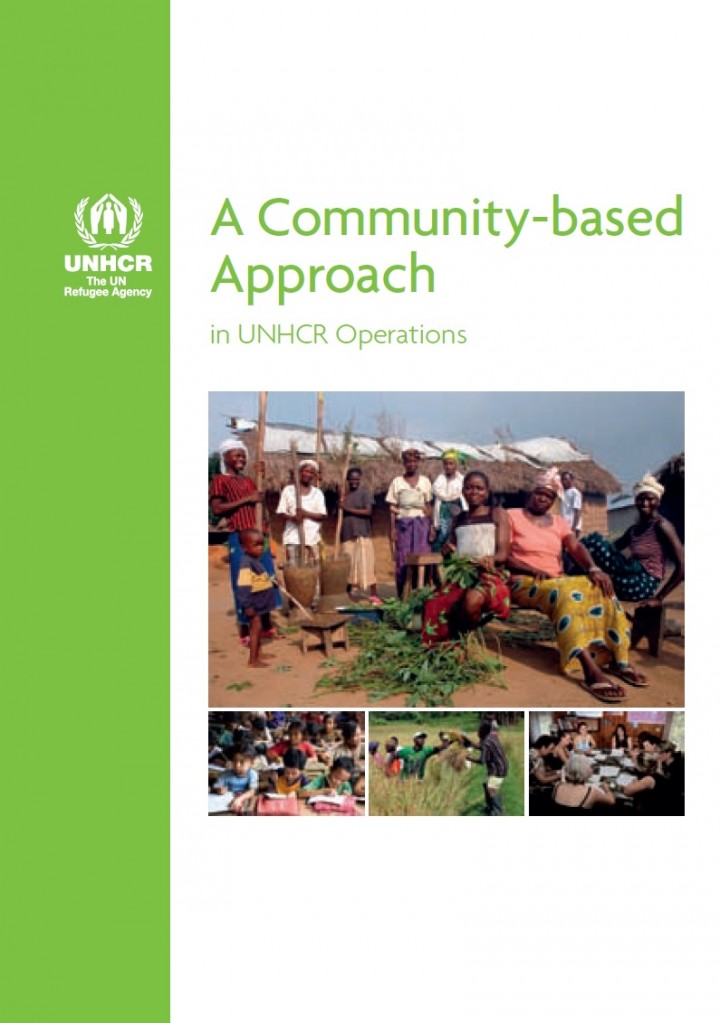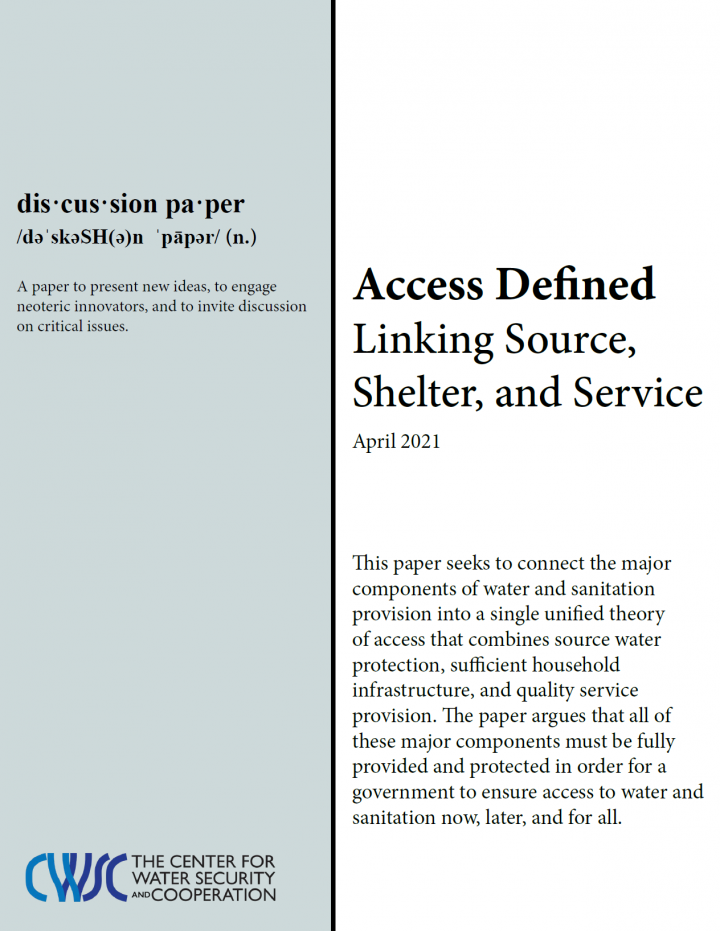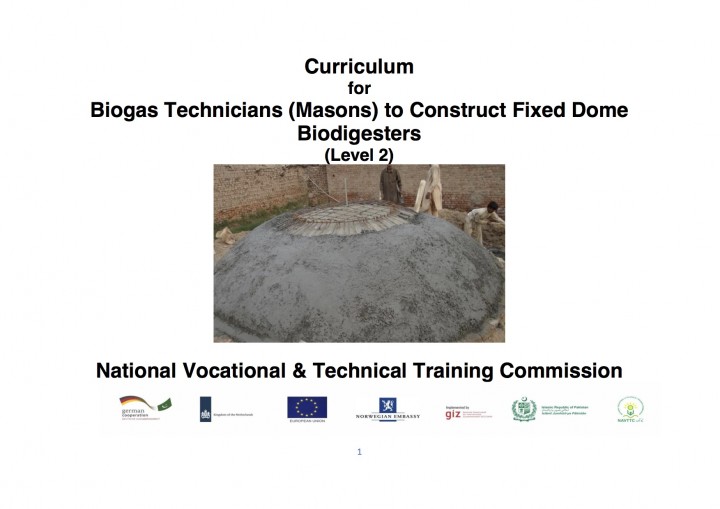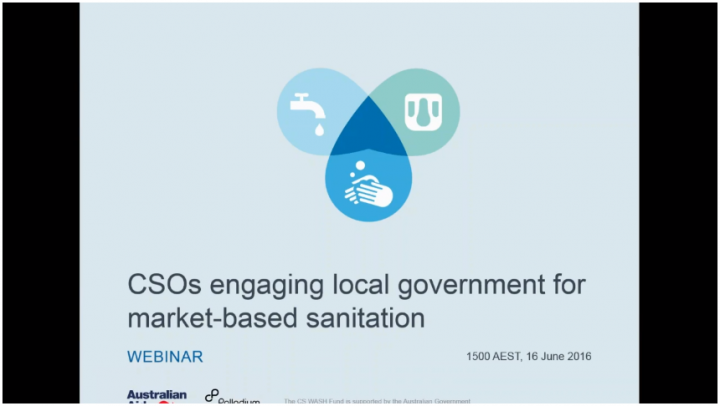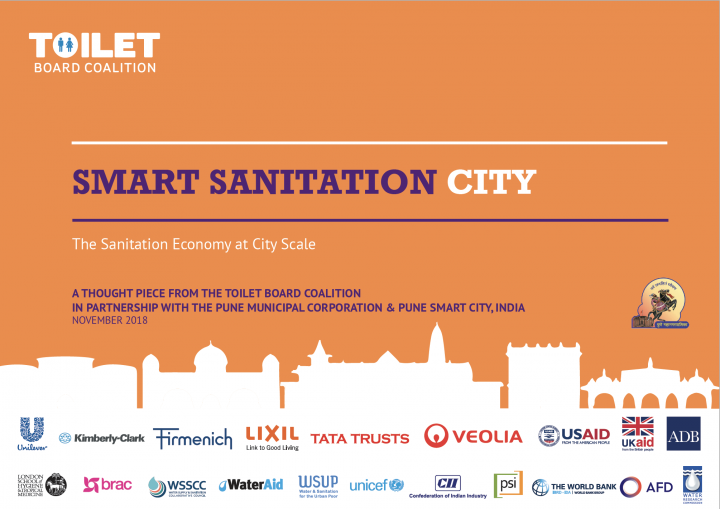Searching for information on Sanitation Workers?
The Sanitation Workers Knowledge + Learning Hub is the best source for all current news, trends, articles and updates on sanitation workers rights around the world.
Rangamati Hill District is a district in south-eastern Bangladesh. It is a part of the Chittagong Division and the town of Rangamati serves as the headquarters of the district. By area, Rangamati is the largest district in the country. Rangamati is one of the 53 district-level Municipalities in the country.
According to the population census in 2011 by the Bangladesh Bureau of Statistics …
Foreign sex workers in Denmark are triply marginalised - due to their profession, legal status, as well as in matters related to menstruation. This pilot project aimed to assess the acceptability of the menstrual cup (MC) as well as education in menstrual health management (MHM) amongst 26 women from this group using the 'Nest International’' centre, who volunteered to be part of the project. …
This document provides guidance for practitioners on conducting market analysis before the onset of an anticipated crisis using an adaptation of existing post-crisis market assessment tools. Recommendations stemming from this analysis could be used to inform preparedness and DRR programming decision making as well as future emergency responses. This guidance focuses on markets, with the objective …
The Greater Tamale Area (GTA) refers to the geopolitical limits of both the Tamale Metropolitan Assembly (TaMA) and Sagnarigu Municipal Assembly (SagMA). GTA is located in the Northern region of Ghana and covers an area of 922km2. It is one of the largest cities in Ghana with a 2020 projected population of approximately 468,415. About 74% of its population live in urban areas.
It has a total …
The sub-regional conference formally launched the project (RETA 8060) "Promoting Innovations in Wastewater Management in Asia and the Pacific". The list of delegates was comprised of a mixture of government executives, wastewater industry practitioners and private sector representatives from the following countries: Philippines, Viet Nam, Indonesia, Bangladesh, India, Sri Lanka, Mongolia and …
Sanitation for Millions is a global multi-donor programme to improve access to safe sanitation and hygiene with a focus on vulnerable and disadvantaged groups. More than one million people in 14 countries have already benefitted directly from Sanitation for Millions’ measures that include the construction of sanitary facilities, capacity development to ensure adequate use, operation and …
This report is part of a global set of Water, Sanitation, and Hygiene for All (WASH) diagnostics carried out in countries where WASH services for the poor are deficient and where their might be institutional constraints to improving coverage and services. The Republic of Yemen is an important case because it has an active armed conflict, a plausible increase in poverty over the last decade, and …
Realizing its commitment to providing universal access to sanitation, the Government of Indonesia aims to shift from open defecation free into safely managed sanitation as the national plan for sanitation is targeting to provide 15% of the population with access to safely managed sanitation. Based on the Statistics Bureau, in 2019, there are 77.44% households that have access to sanitation in …
Srivilliputhur is a town and promoted as a first-grade municipality in the year 1984 located in north of Rajapalayam in Virudhunagar district in the Indian state of Tamilnadu. As of 2011, the town had a population of 75,396.
The town is known for its famous Lord Andal temple which is a 192 (58.5 m) feet long tower structured temple, lord said to be as vatapatsayee. Srivilliputhur is located at …
14.7% of India’s tribal peoples reside in the Indian state of Madhya Pradesh. Historically these tribal groups have been marginalized, socially and economically restricted, and their access to basic services has been disproportionately lower than that of the wider population. To tackle this inequality and demonstrate how a remote, hard to reach tribal area can benefit from sustained WASH …
This report explores the current situation of MHH in selected focus countries, reflecting on the recent progress made and the remaining challenges. The three in-depth country studies looked at progress at three levels: a) nationally; b) progress catalysed with the support of WSSCC funding (outside of the Global Sanitation Fund, GSF); and c) progress achieved through the GSF-supported programmes. …
CLTS is a new approach in Afghanistan; and all stakeholders should become familiar with how it is implemented. CLTS component has been successfully implemented in various developing nations throughout the world; however, there was an urgent need how to adapt this approach to fit the societal and cultural aspects of in Afghanistan. MRRD is pleased to have this opportunity to develop this manual …
In India, there is lack of demonstrated successful models with respect to FSM. Government stakeholders gaining exposure to robust FSM models in another developing country was envisaged as one of the key preparatory steps for the development and operationalisation of effective FSM systems in Tamil Nadu. This report presents the preparatory work undertaken to organise exposure visits for Government …
Improvements to sanitation and hygiene are known to reduce the transmission of the poliovirus. This field note reports the experience of implementing Afghan Context Community Led Total Sanitation (AC-CLTS) in an urban context within an integrated polio eradication project targeted to high-risk polio districts. The Ministry of Public Health, provincial Department of Public Health and UNICEF …
In this library entry we have grouped together up to five documents that we think are important "first reading" materials for anyone wishing to obtain a quick overview of this topic. For more details, please see the external links to the discussion forum below.
The documents listed in this library entry in reverse chronological order already exist as individual library entries but have been …
This step-by-step manual is designed to help personnel involved in the implementation of Water, Sanitation and Hygiene (WASH) activities improve their knowledge and skills to facilitate community engagement processes. The principal aim of this manual is to enable practitioners and facilitators/trainers involved in hygiene promotion to adapt innovative methods in learning, planning with groups and …
This report presents the results of an evaluation of the Fairwater BluePump, an emerging rural water supply technology in sub-Saharan Africa. Claims about the BluePump’s durability and minimal maintenance requirements have provoked significant interest within the rural water sector. This evaluation set out to assess the suitability of the BluePump as a rural water supply technology, taking into …
Following the 2010 floods, the Government of Pakistan developed the Pakistan Approach to Total Sanitation (PATS) as a country specific strategy to scale up sanitation programmes, particularly in rural areas to end open defecation. PATS has helped almost 18 million people to construct and use toilets. The last ten million people who need to construct toilets are mostly poor, whereas 176 million …
The Center for Water Security and Cooperation (CWSC) recently published two discussion papers analyzing access to water and sanitation. One paper sets forth a global definition of "Access" to water and sanitation to chart a path for lasting progress. The second paper makes the case for repealing laws in the United States that allow water to be shut off to low-income households for their inability …
In the fictional African city of Bafini, 80% of residents have no access to a sewer connection, relying instead on toilets with pits or septic tanks. This creates a need for better faecal waste collection services, and a market opportunity for a smart entrepreneur.
You run a waste management business in Bafini, and have just decided to expand into faecal sludge management. You have a positive …
This curriculum is developed for the competency based training of Biogas Technicians. The term competency is at the heart of the training reform agenda, the new system of vocational education and training. Competency refers to the ability to perform ‘whole’ work roles to the standard expected in employment. Job performance involves more than the performance of a well-defined set of tasks in a …
This webinar led by Topic Expert Associate Professor Juliet Willetts focuses on Civil Society Organisations (CSOs) and market-based sanitation approaches. It addresses the question, How can CSOs also work with local government or other local actors to facilitate market-based approaches?
In India, the Government’s Smart Cities Mission launched in 2016 seeks to develop 100 cities across the country making them citizen friendly and sustainable. There is a focus on efficiency, improved public services, goods, spaces, and modernisation of pubic services. At the same time, in 2014 the Government of India launched its Swachh Bharat Mission with the objectives of eliminating open …

